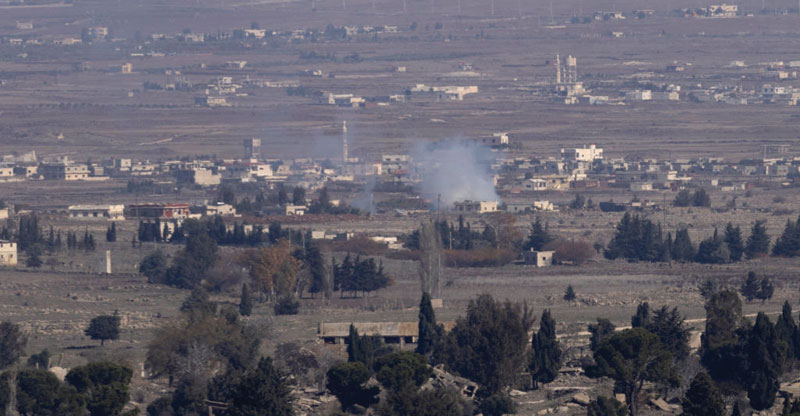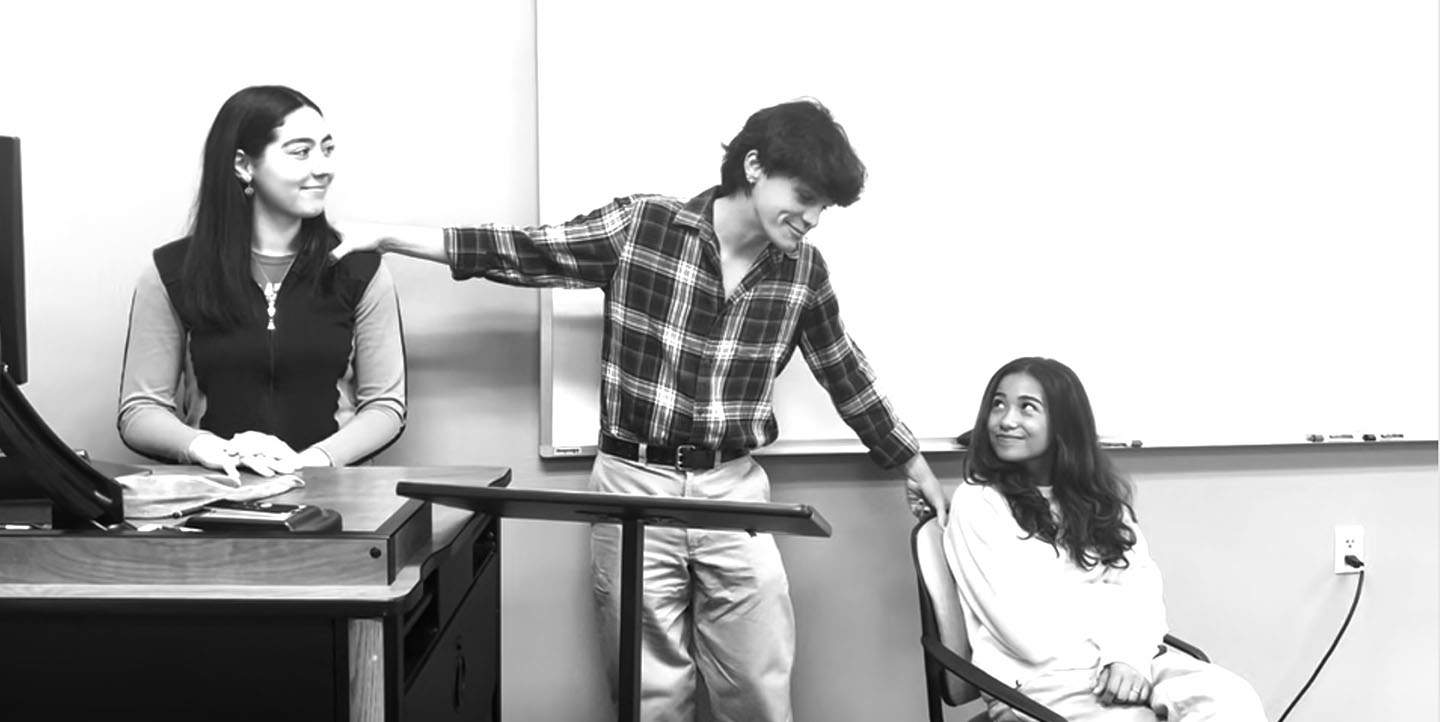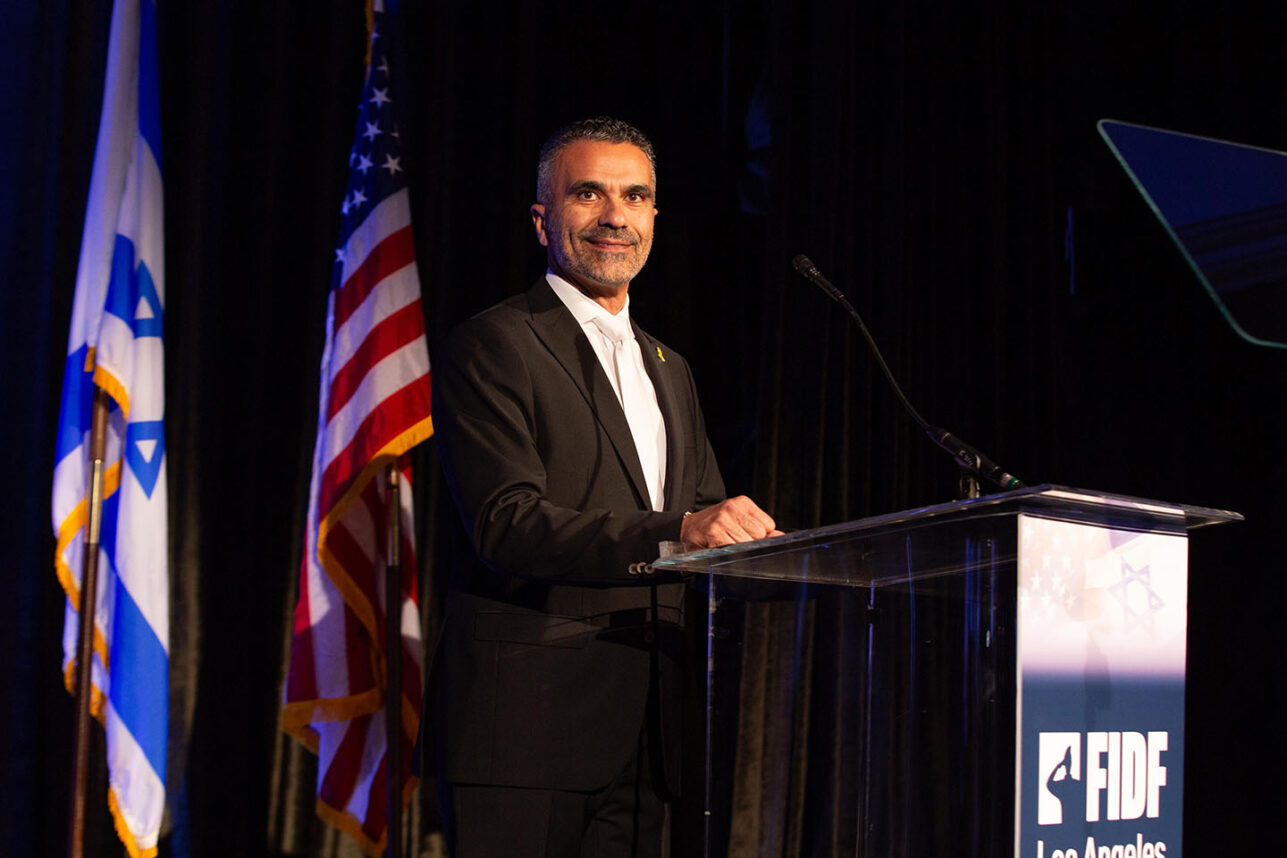So, what do math and Rosh Hashana, the Jewish New Year, have in common. On this day, Jews are supposed to do a cheshbon hanefesh. This literally means “accounting of the soul.” We count up and categorize all the actions we’ve taken, and all the thoughts we’ve had during the year: How many good? How many bad? How many generous? How many selfish? How many useful? How many just a waste of time? Then we decide which actions and thoughts we want to repeat and which we will throw away.
Rosh Hashana celebrates the birthday of the world. The Jewish, or Hebrew calendar follows the cycle of the moon. The English or Gregorian calendar follows the cycle of the sun. Both calendars are divided into 12 months. A leap year in the English calendar happens every four years, when an extra day is added at the end of February. In the Jewish calendar, an extra month is added every three years. And guess what? This year’s Jewish calendar is a leap year! That means that there will be two months called Adar.





















 More news and opinions than at a Shabbat dinner, right in your inbox.
More news and opinions than at a Shabbat dinner, right in your inbox.